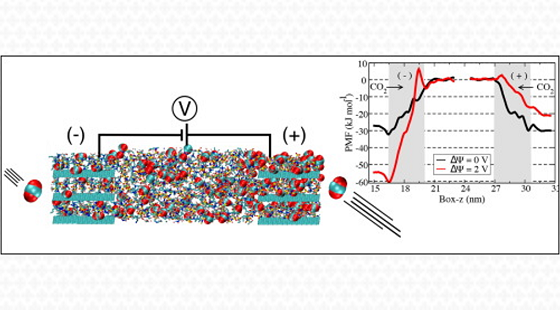
A computational study carried out by CINE researchers allowed us to understand how carbon dioxide (CO2) molecules are absorbed in an innovative material based on an ionic liquid (a family of salts that are liquid at room temperature). The research contributes to the development of strategies for capturing this greenhouse gas and, therefore, it is part of the worldwide efforts to have a set of technologies that help reduce carbon […]
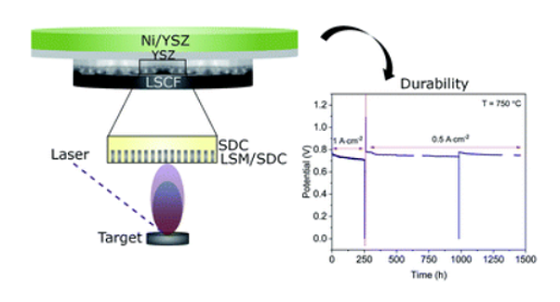
A research work carried out with the participation of CINE researchers advances the improvement of solid oxide fuel cells (SOFCs). These devices can become increasingly important in the context of the energy transition because they are very efficient to generate electricity from a fuel, with zero or low carbon emissions. The technology is already used, for example, in the ethanol electric car, whose prototype was launched by the automaker Nissan […]
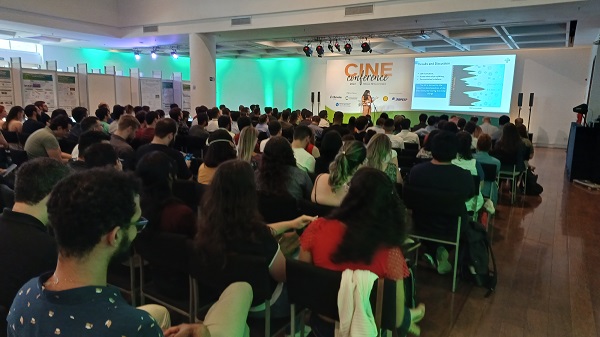
About 200 people gathered on October 18 and 19 at the Vitória Concept hotel in Campinas to participate in the third edition of the CINE Conference. The event, organized by the Center for Innovation in New Energies (CINE), presented and discussed scientific advances in technologies that aim to reduce the emission of greenhouse gases into the atmosphere and, in this way, contain climate change and its negative effects on the […]
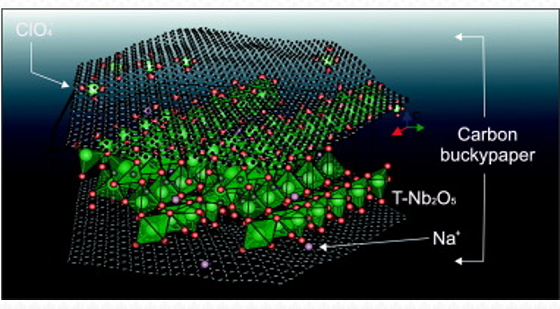
CINE researchers and collaborators have developed a material capable of improving the performance of batteries and supercapacitors based on sodium ions – a promising alternative to lithium-ion technology, which is currently the most used. In these technologies, lithium or sodium ions are the protagonists, as they are responsible for transporting and storing electrons during the charge (energy storage) and discharge (energy delivery) processes. Given that the ions penetrate the material […]

The Center for Innovation on New Energies (CINE) will hold the third edition of its scientific conference on October 18th and 19th of this year in Campinas (SP) at the Hotel Vitória Concept. Registration for attendees is open to the public until September 30th and is free. The event will discuss the development of new technologies for the energy transition. Participants will be able to learn about the latest results […]
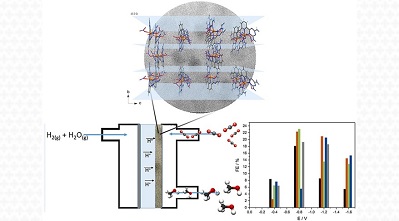
A work carried out by CINE researchers and collaborators presents an alternative way to produce fuels and other chemical compounds using carbon dioxide (CO2) as a raw material, in addition to hydrogen and water. The authors of the research used a fuel cell as a reactor and a nanomaterial with copper as a catalyst to promote the reduction reaction (gain of electrons) of the CO2 molecule. The products of the […]
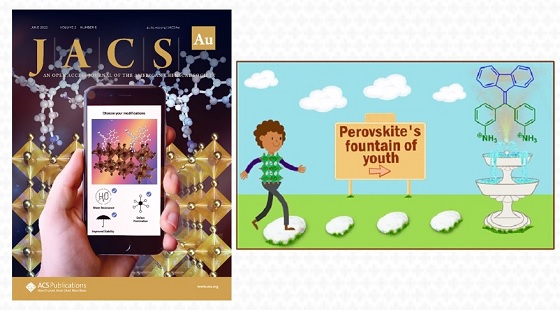
A study carried out by members of CINE and collaborators presents a possible solution to the rapid degradation of hybrid perovskites – a problem that affects the performance of solar cells based on these materials. The authors of the research developed and synthesized a new molecule and with it they treated the surface of films composed of a perovskite widely used in the development of solar cells. The researchers then […]
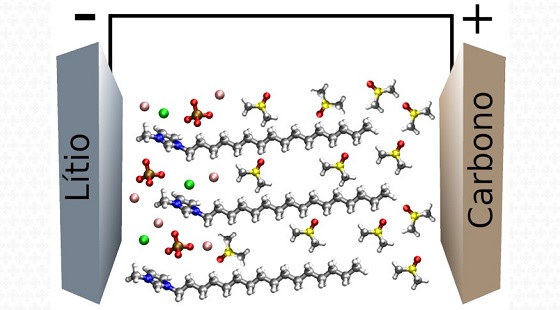
A recent CINE study showed that the addition of an ionic liquid crystal to a solvent widely used as electrolyte in lithium-metal batteries makes the compound more chemically stable and improves its ionic conductivity. With these properties, the electrolyte additive shows promise to produce more durable, safer and better performing batteries. Developing more stable electrolytes, in fact, is one of the great challenges of battery research, especially concerning the promising […]